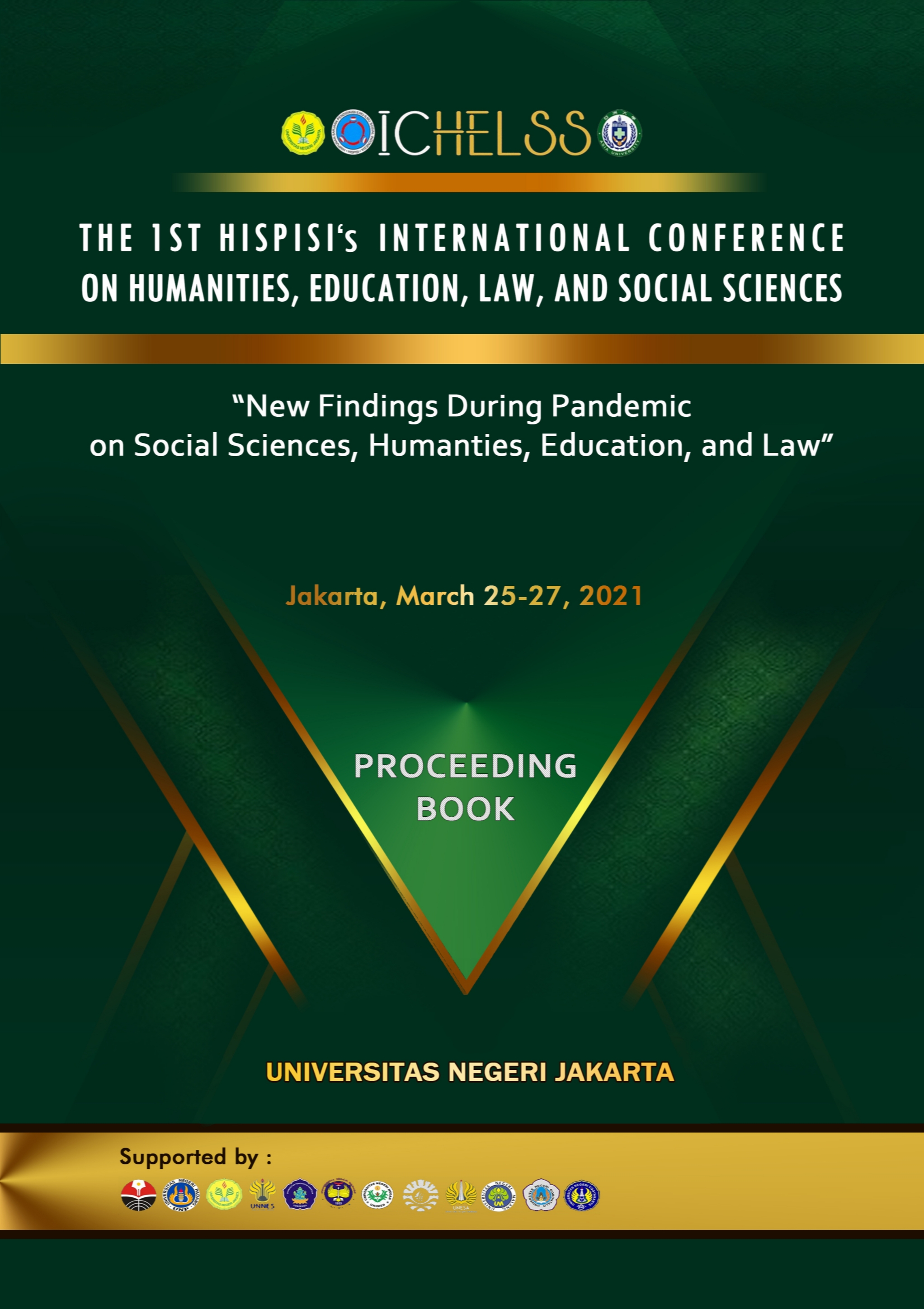Barunding As a Local Wisdom in Resolving Child Cases During Covid-10 Pandemic (Case Study on Juvenile Delinquency Cases in Tembilahan, Riau, Indonesia)
Abstract
Juvenile Delinquency is a common problem in a society. Violation of norms and laws that occurs by juvenile is called juvenile delinquency. Resolving the child or juvenile delinquency cases cannot be the same as it is on adult, because the child or juvenile needs to be protected in their life, they’re the future of the nation and state. During the Covid-19 Pandemic, there are many cases of juvenile deliquency, this is supported by the fact that schools are close to prevent the spread of Covid-19. In Tembilahan
society, Indragiri Hilir Regency, Riau, the resolve of the juvenile delinquency is done in “barunding”. Barunding is the way of handling and resolving the problems, and it is practiced in Tembilahan since a long time ago. The purpose of this research is to find out how the application of barunding as local wisdom in resolving juvenile delinquency. The method that used in this research is a qualitative method by conducting interviews on key informans and informans. Reffering to the theory used by the
researcher, namely the concept of restorative justice, barunding is a resolution of a problem that emphasizes the resolution and the recovery of the action that occurs. The result of this research are the application of Barunding in Tembilahan community to resolving juvenile delinquency by gathering all parties in one place, and it is
effective because it does not leave a sense of trauma for the child or juvenile.
Keywords: Child, Juvenile Delinquency, Barunding


